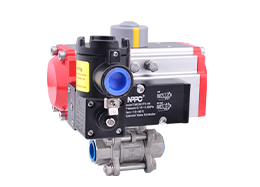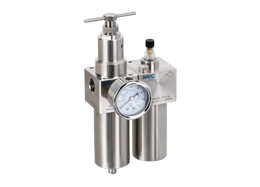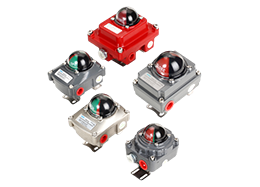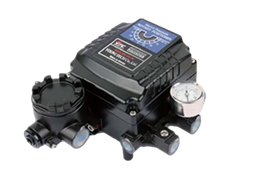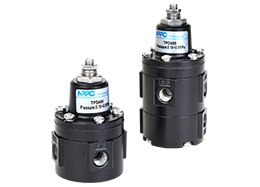-
-
News
Unlocking the Secrets of VALVE: How It Works
2025-08-02
Author:
Understanding VALVE: The Unsung Hero of Mechanics
Ever wondered how certain machines manage to control fluid flow so effortlessly? Enter the VALVE, an essential component that plays a pivotal role in a myriad of applications ranging from household plumbing to complex industrial systems. Let’s dive into the nitty-gritty of how a valve operates and why it’s crucial for effective fluid management.
What Is a VALVE?
A valve is a device that regulates, directs, or controls the flow of fluids (liquids or gases) by opening, closing, or partially obstructing passageways. You can think of it as the traffic light of a fluid system — it ensures everything flows smoothly and safely. The simplest forms include ball valves, gate valves, and check valves, each serving a unique purpose in various applications.
The Basic Working Principle of VALVE
Now, let’s break it down! At its core, a valve consists of two primary components: the body and the actuator. The body houses the media flow, while the actuator controls the opening and closing of the valve. When the actuator is triggered (either manually or automatically), it moves the internal mechanism (like a ball or a disc) to allow or restrict flow. Voila! You’ve got yourself a functioning valve.
Types of VALVE Mechanisms
1. **Ball Valves**: These are known for their quick operation. A spherical disc (the ball) rotates to open or close the flow. Talk about a speedy decision-maker!
2. **Gate Valves**: Perfect for on/off control, these valves use a sliding gate to block flow. They’re not meant for regulating flow, so use them wisely.
3. **Check Valves**: These clever devices prevent backflow in a system. They only allow fluid to flow in one direction, ensuring everything stays in its lane.
Applications of VALVE in Everyday Life
You might be surprised to find out just how often you encounter valves in your daily life. From the faucet in your kitchen to the heating system in your home, valves are everywhere. They’re also crucial in industries like oil and gas, water treatment, and even food processing. Without valves, we’d be in quite the pickle!
The Importance of Proper VALVE Maintenance
Maintaining valves is key to ensuring efficiency and safety. A malfunctioning valve can lead to leaks, pressure drops, and even catastrophic failures. Regular inspections and maintenance checks can help catch issues before they snowball. So, don’t skimp on your valve upkeep — it pays off in the long run!
Conclusion: VALVE - A Small Component with a Big Impact
In conclusion, the VALVE is a small but mighty component that significantly impacts fluid control systems. Understanding how these devices work can help you appreciate the intricate designs of the systems we often take for granted. Whether you’re a DIY enthusiast or a seasoned engineer, knowing the ins and outs of valves can equip you with the knowledge to tackle various challenges. So next time you turn on a tap or check a boiler system, give a nod to the valve — it’s doing the heavy lifting!
RELATED INFORMATION
undefined

Office address: Room 107-1, Building 4, Kexin Building, Shounan Street, Yinzhou District, Ningbo City
Factory address: No. 22 Xingjia Road, Da'ao Industrial Park, Xikou Town, Fenghua District, Ningbo City
Contact: Mr. Liao
Address: No.22 Xingjia Road, Daao Industrial Zone, Xikou Town, Fenghua District, Ningbo.
Contact: Mr. Liao
Tel: +86-574-88880153
Fax: +86-574-87379458
E-mail: sandy@pneupid.com



Copyright©2023 Zhejiang Pneupid Technology Co., Ltd. All rights reserved. Powered by www.300.cn SEO License
-



